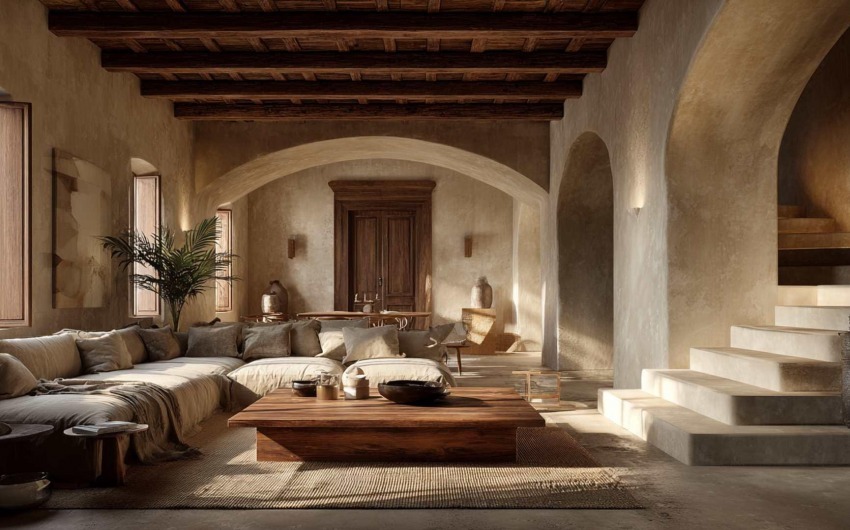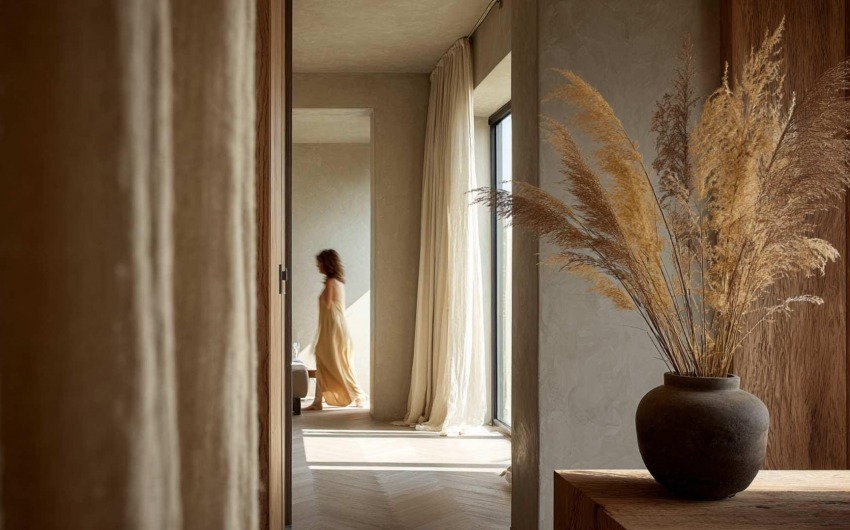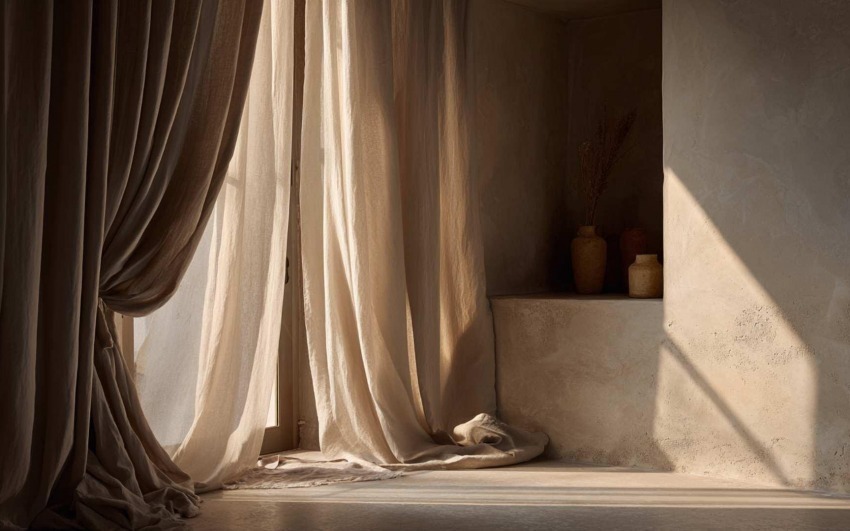7/12/2024
1. Site Analysis and Planning
Before starting any gardening project, it’s essential to conduct a detailed site analysis:
Soil Conditions: Test the soil's pH and composition to determine the most suitable plants.
Sun Exposure: Assess which areas of the garden receive the most sunlight and which are shaded.
Local Climate: Consider the climate and weather conditions to choose hardy and suitable plants for the area.
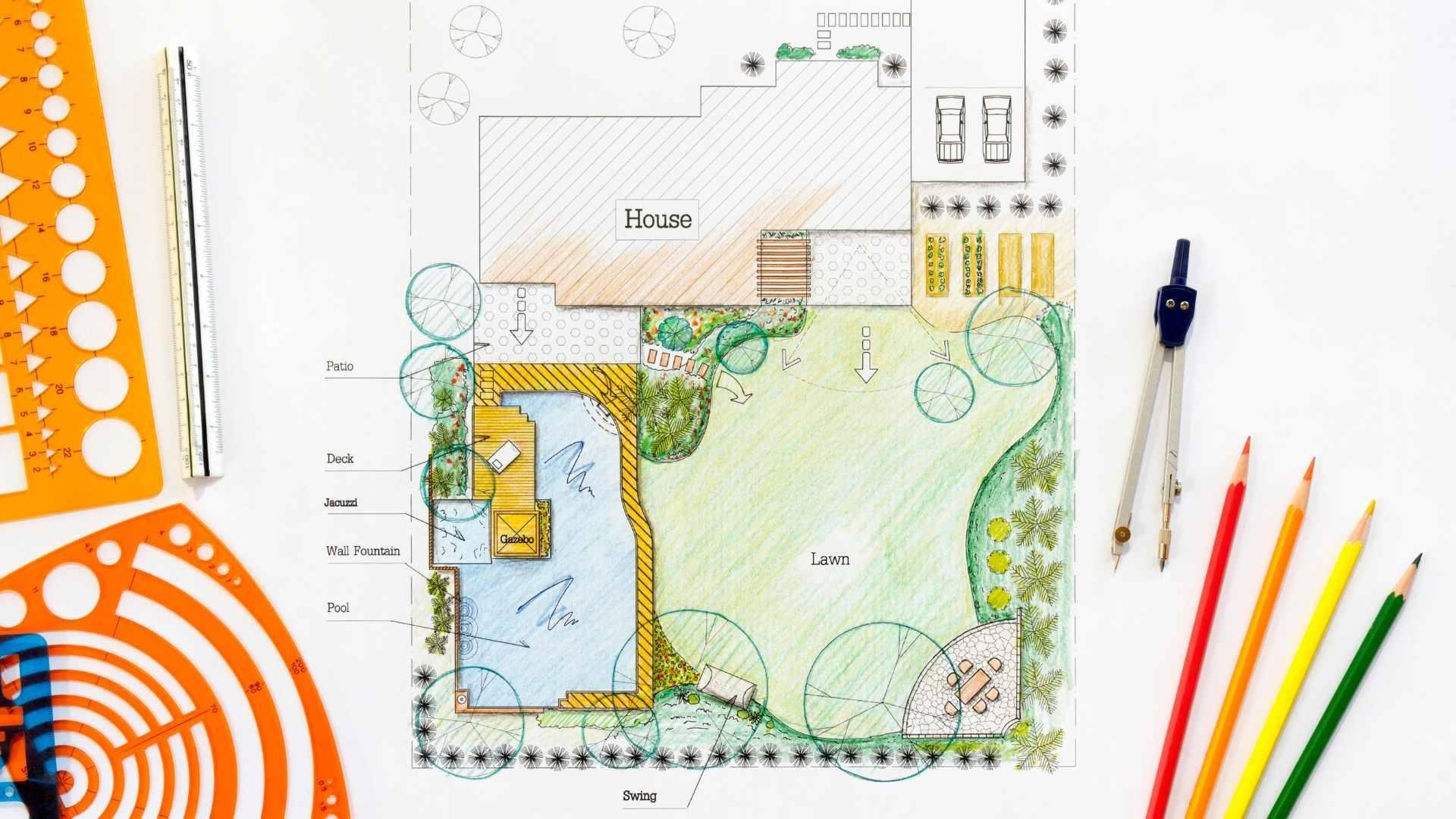
2. Plant Selection
Choosing the right plants is crucial for a successful garden:
Native Plants: Favor native plants that are adapted to the local climate and require less maintenance.
Plant Diversity: Integrate a variety of plants to create a balanced and attractive ecosystem.
Seasonal Blooms: Plan for blooms in different seasons to ensure a garden that is colorful and vibrant year-round.
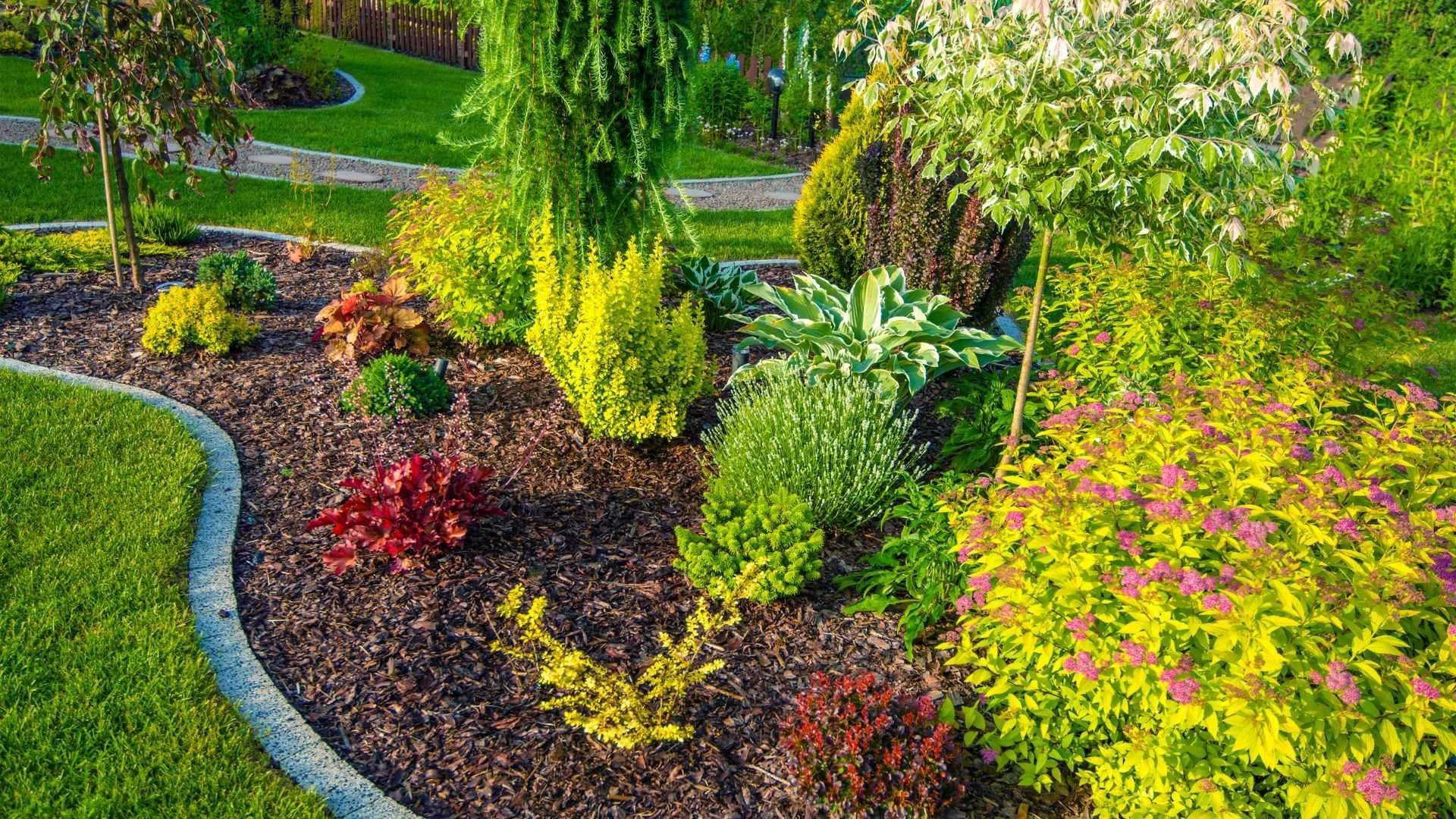
3. Space Design
The arrangement of elements in the garden is key to creating harmony and functionality:
Paths and Walkways: Create pathways that guide visitors through the garden and invite exploration.
Rest Areas: Add seating and relaxation areas, such as benches or pergolas, to enjoy the garden.
Focal Points: Use statues, fountains, or flower beds as focal points to draw attention.
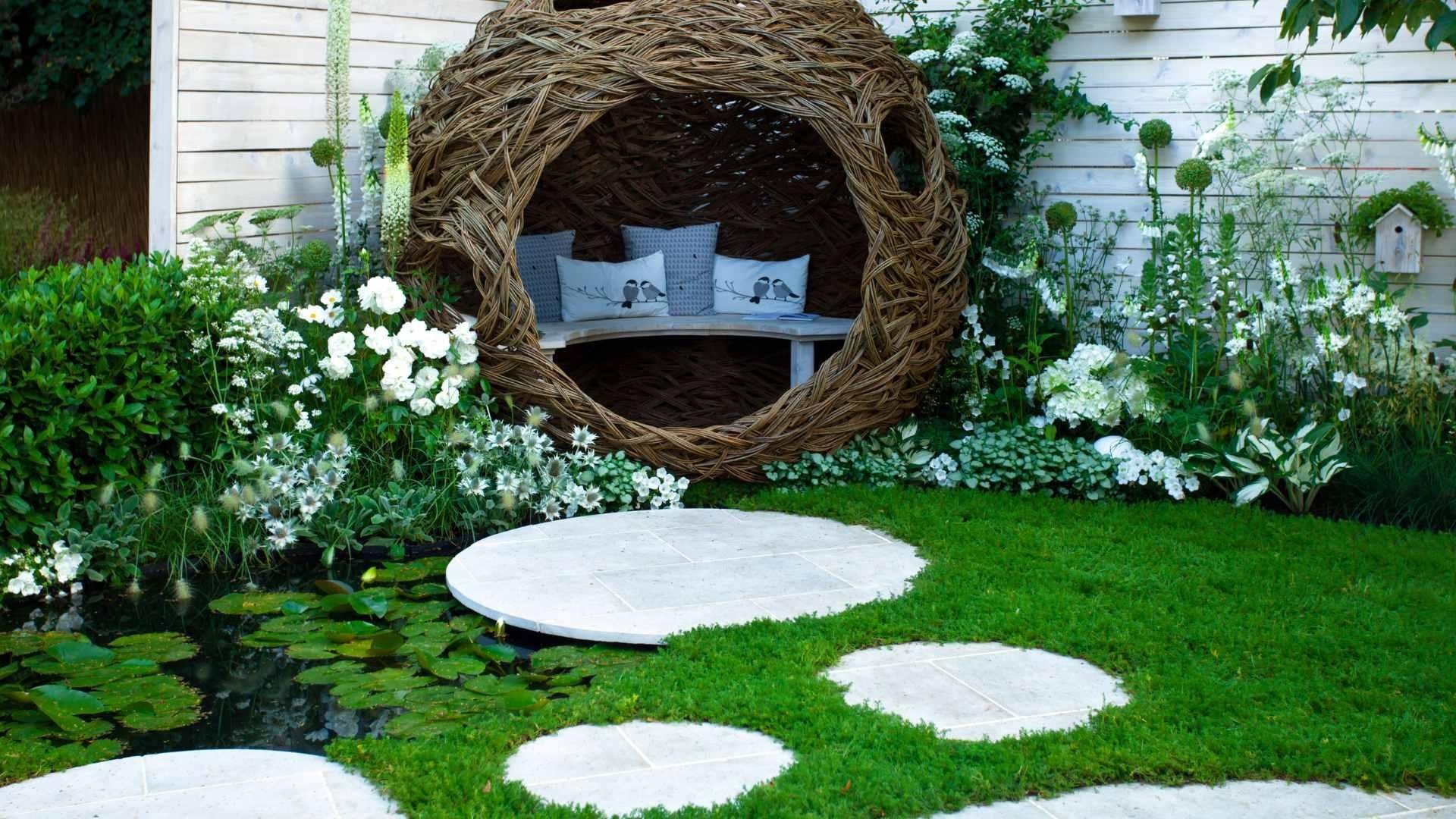
4. Sustainability and Garden Care
Implementing sustainable practices helps maintain a healthy and environmentally friendly garden:
Efficient Irrigation: Use drip irrigation systems or rainwater collectors to reduce water consumption.
Composting: Recycle organic waste to create compost that nourishes the soil.
Natural Pesticides: Opt for eco-friendly pest control methods instead of chemical pesticides.
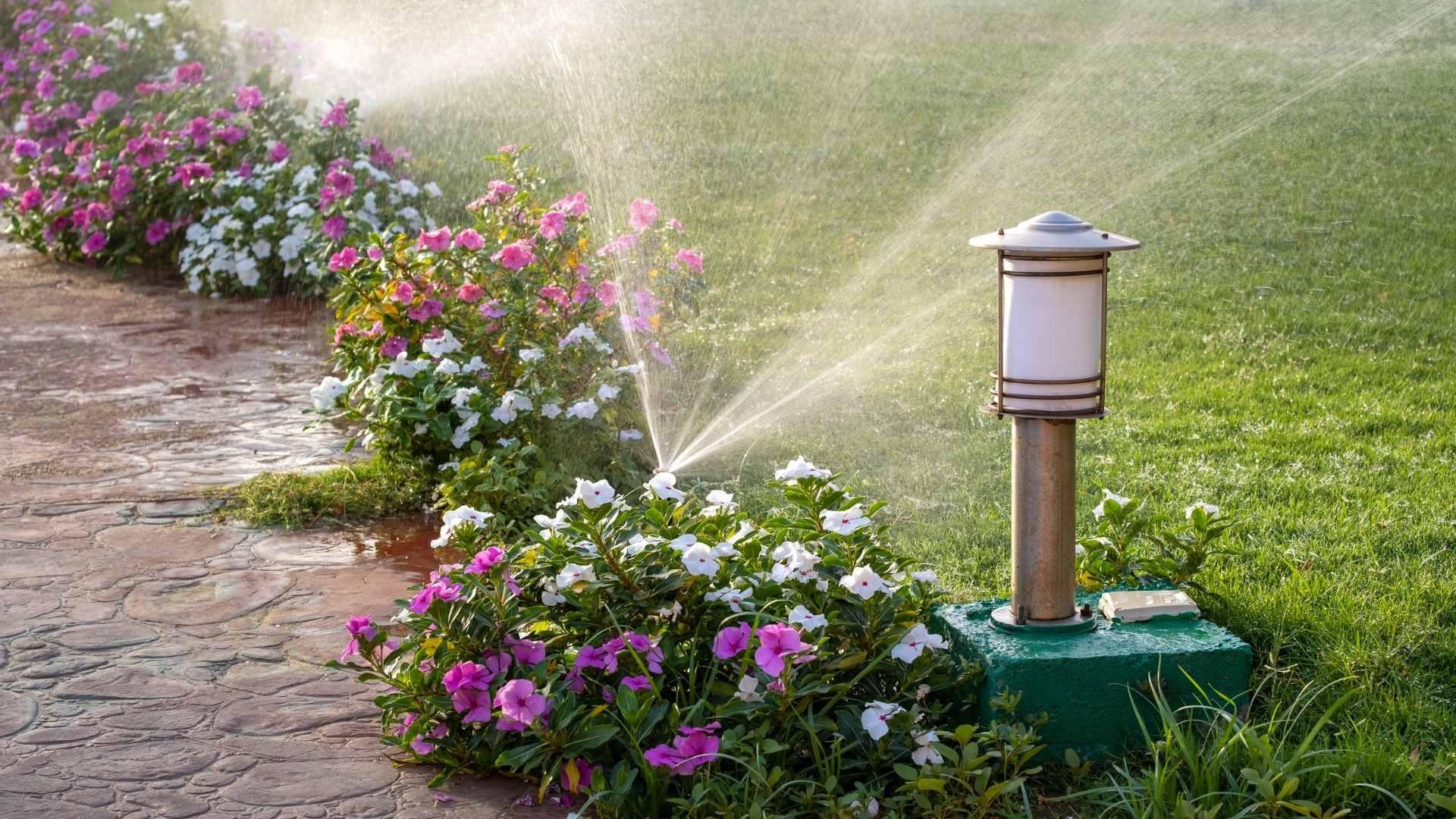
Garden design and landscaping require a blend of creativity, knowledge, and planning. By following these principles, you can transform your green space into a place of beauty and serenity that offers both aesthetic and ecological benefits.
_14077b47db_23.jpg)
Interior Designer since 1985
CEO & Founder, Italian Design in the World
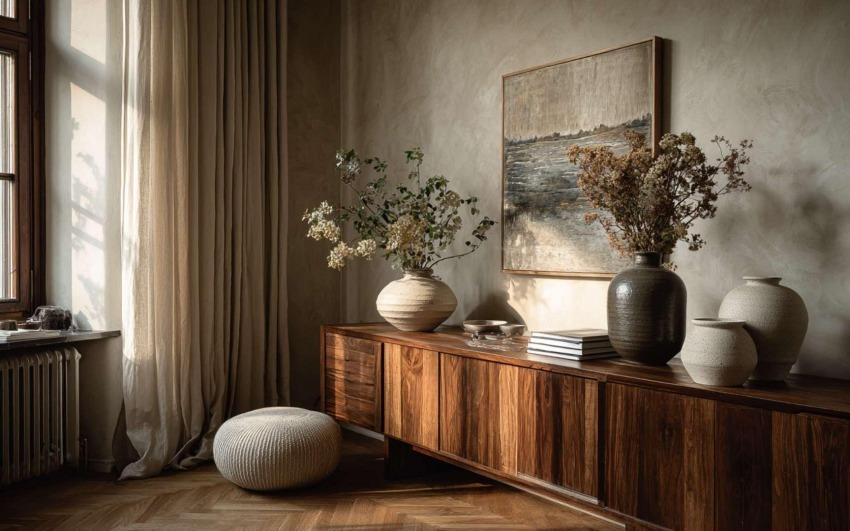
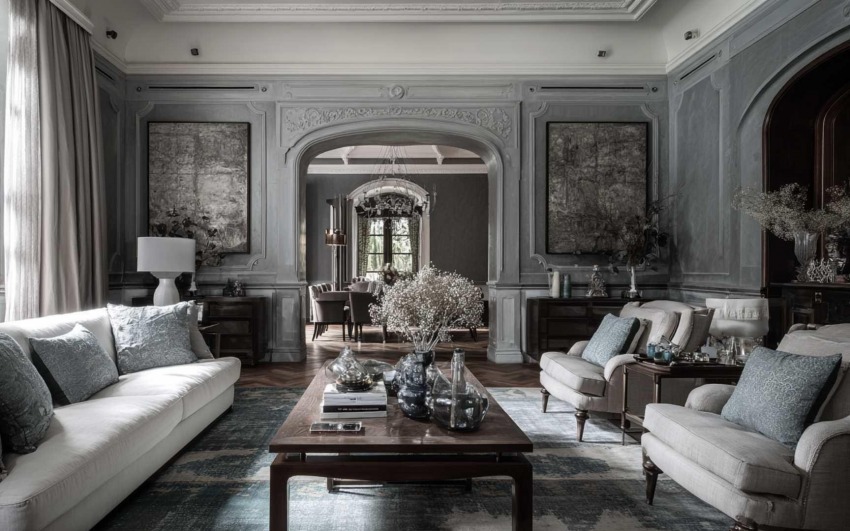
_c49d85500f_642.jpg)
